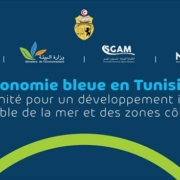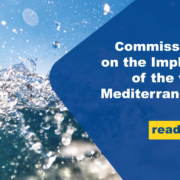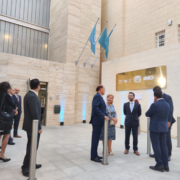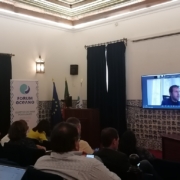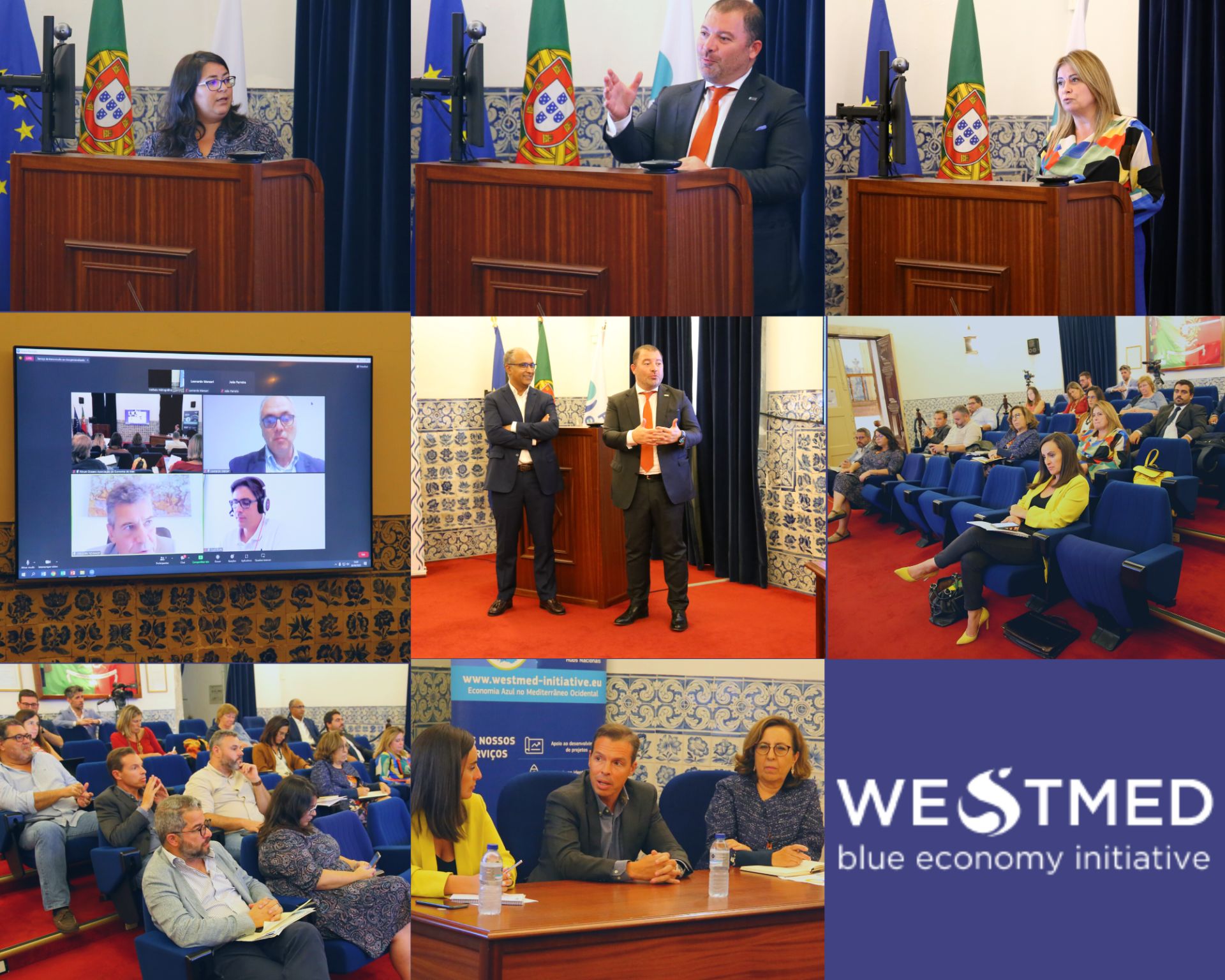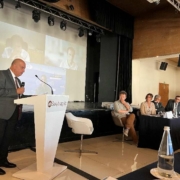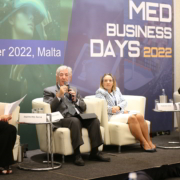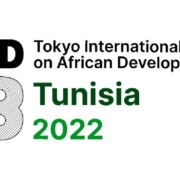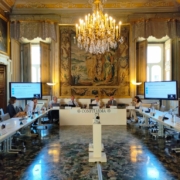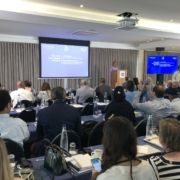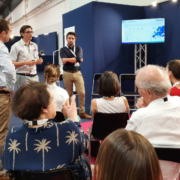Banque mondiale : L’Économie Bleue offre des opportunités de croissance durable en Tunisie
« L’économie bleue constitue une opportunité de développement durable et de création de richesse pour la Tunisie, à travers une utilisation durable des ressources marines et côtières pour la croissance économique, l’amélioration des moyens de subsistance et des emplois, et la santé des écosystèmes marins et côtiers, a déclaré Alexandre Arrobbio, représentant résidant de la Banque Mondiale en Tunisie. Je salue l’engagement du Gouvernement à développer l’économie bleue en Tunisie dans le prochain plan de développement. », a-t-il ajouté.
Le rapport a ainsi identifié trois objectifs stratégiques : (i) la promotion de la croissance économique des activités maritimes ; (ii) l’inclusion sociale et l’égalité de genre ; et (iii) la pérennisation des ressources naturelles et des services écosystémiques. Pour ce faire, cinq axes d’intervention découlant de ces objectifs stratégiques sont suggérés, englobant la mise en place d’une gouvernance institutionnelle, la promotion des ressources et des mécanismes de financement, le soutien à la création d’emplois, à la lutte contre la pauvreté, à l’inclusion des groupes vulnérables et à la prise en compte de la question de genre, le développement de la connaissance du capital marin et littoral, et le renforcement de la résilience au changement climatique.
À la suite de la publication de ce rapport, le Gouvernement tunisien et la Banque mondiale vont poursuivre leur coopération pour le développement de l’économie bleue en Tunisie. Ainsi, la Banque mondiale a mobilisé le fonds fiduciaire PROBLUE en vue d’entreprendre la deuxième phase de l’assistance technique, appuyant une feuille de route pour le développement de l’économie bleue en Tunisie. La seconde phase de l’assistance de la Banque à la Tunisie consistera en une série d’analyses et de conseils sur les politiques institutionnelles, la promotion de l’investissement public et privé, ainsi que l’appui d’un dialogue stratégique et opérationnel avec les acteurs concernés.
Programme de la Banque Mondiale pour le Financement de l’Économie Bleue dans les pays africains
Ce rapport sur l’économie bleue en Tunisie intervient au moment où le Groupe de la Banque mondiale vient d’annoncer un nouveau programme d’économie bleue de 13,5 millions de dollars visant à catalyser les financements et à apporter une réponse opérationnelle aux défis du développement dans les zones côtières-marines du continent africain, y compris en Tunisie. Le programme cherche à répondre aux défis auquel les pays côtiers sont confrontés pour gérer leurs ressources côtières et marines afin de stimuler la croissance économique et de réduire la pauvreté, tout en s’adaptant aux effets du changement climatique.
Pour plus d’informations : contactez M. Salem Miladi (WestMED Hub National Tunisie)

